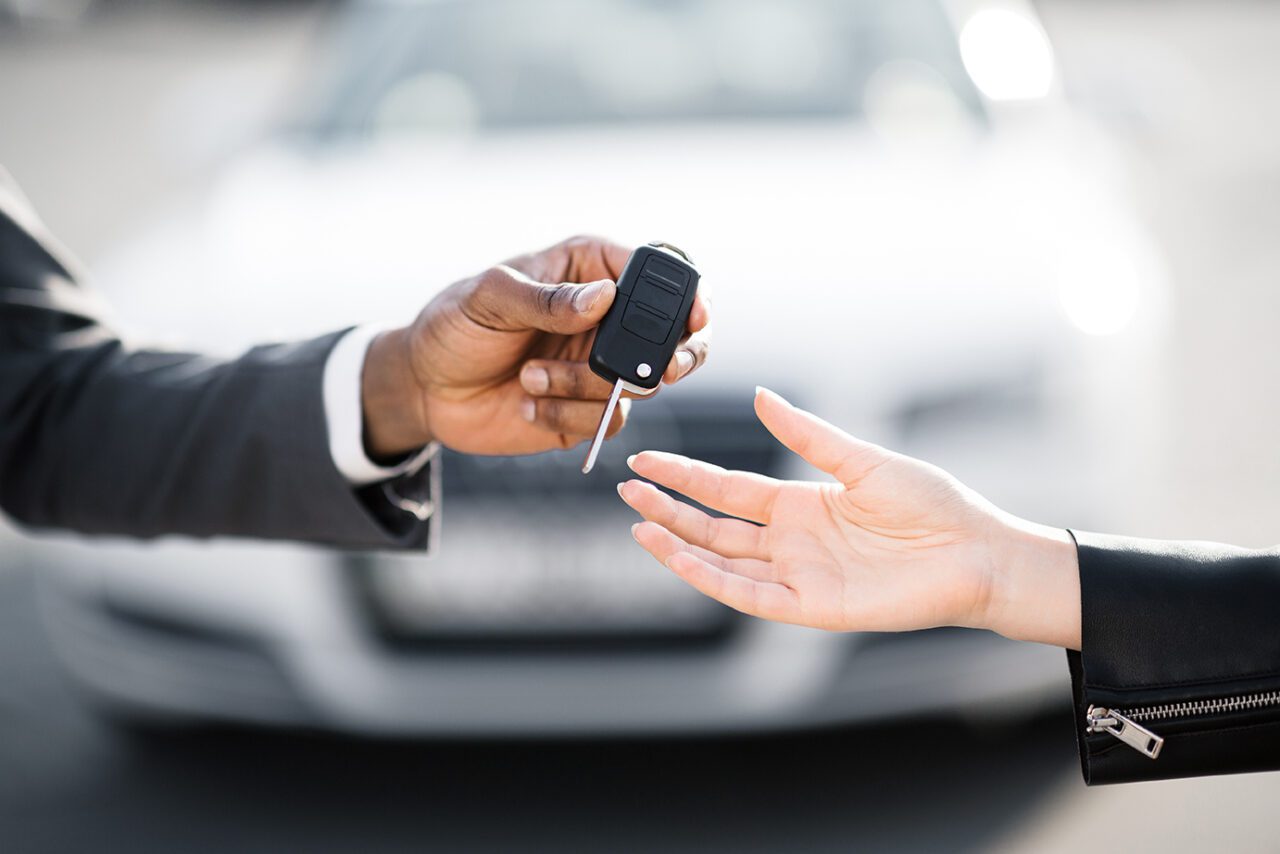Has The UK Reached Peak Car Ownership?

New car registrations last month were down 24% compared to the same month the previous year. In fact, they were at their lowest level since 1996. Furthermore, data suggests that sales this year will be even lower than the 1.6 million in 2020, which makes it the worst since the 1992 recession.
On top of that, 110,000 fewer new cars were purchased than in June 2016. That amounts to a substantial 45% drop. No matter what way you look at it, people are buying dramatically fewer new cars.
What is going on?
Is it down to supply chain issues in the motor trade (i.e. global chip shortages) as covered in The Plan Blog over the last few years?Is it a shift towards cycling and public transport?Is it the widespread use of convenient taxi and private services and apps like Free Now, Uber and Bolt reducing people’s dependency on running their own car?
Is this a supply or demand issue?
The Head of the Society of Motor Manufacturers and Traders (SMMT) Mike Hawes says the biggest culprit is the lack of supply, not demand. He believes the semiconductor shortage is stifling the new car market worse than ever before. Worse, he says, than even during the Covid lockdowns. Commercial Director at Auto Trader, Ian Plummer also agrees that the problem is the ‘lingering disruption to the supply of vehicles’.
However many transport industry commentators believe that there is a far more significant change happening. Could less car purchases be the ‘new normal?’.
In 2019, there was a record amount of UK road traffic. Also, in the years preceding the pandemic, there was a rise in the average miles driven per person. This is believed by many (including the RAC) to be largely a result of cheaper fuel prices.
However, post-pandemic Britain hasn’t risen to its former motorist numbers. Traffic has lessened, and people are learning to drive later than ever before. Even taking into account the surge in delivery vehicles on the road, miles driven on UK roads are down 5% on pre-pandemic levels.
Higher purchase values, insurance premiums, parking fees and fuel prices are also making car ownership far more expensive and in turn less attractive than in recent history. Not to mention many vehicles are also prohibited from accessing certain areas thanks to congestion charges and cycling schemes.
The shift to working from home could be playing a major role in the downward trend in new car buyer numbers s as fewer people now rely on a car for commuting. If they were only doing a weekly trip to the supermarket (delivery of which has largely shifted online) then the financial sums involved with running and maintaining a vehicle don’t add up for many people. This is especially true if that car was a second vehicle, in which case one will still be available for family outings. On the odd occasion where the household needs to make two simultaneous trips, the services of a taxi or private hire driver can be utilised conveniently and far more cost-effectively than compatred to keeping a car solely for this purpose. Perhaps a need to economise during the cost of living crisis has made this a sensible sacrifice?
Could electric cars save the waning automotive trade?
The one area of car ownership experiencing a boom is the electric vehicle market. One in six new cars coming onto British roads last month were fully electric.
Fully electric car sales are easily exceeding sales of diesel cars, which have almost halved yearly. Diesels now make up just 10% of the market. Sales of petrol cars are also down 16%, though they still represent 57% of the market.
Mike Hawes of the SMMT said the increase in electric car sales was linked to record high prices for petrol and diesel. Though many of the government’s subsidy schemes for EV purchases have been removed generous tax incentives remain. It’s easy to see why they are more attractive right now. Not only are they kinder to the environment and in line with the ever-increasing ULEZ legislations, but they also allow motorists the prospect of avoiding the devastatingly high price of fuel in 2022.
However, while the rise in electric vehicle purchases is promising, it may not be enough to bring the motor trade industry back to its former glory. Even electric cars that don’t rely on the most expensive fuel in history are still pricy to potential customers. Electricity is also increasingly costly, and the rising cost of living is tightening everyone’s purse strings. The cost of maintenance and various other running expenses may continue to prove offputting to many potential new car purchasers in the coming months regardless of supply chain issues impacting availability.







